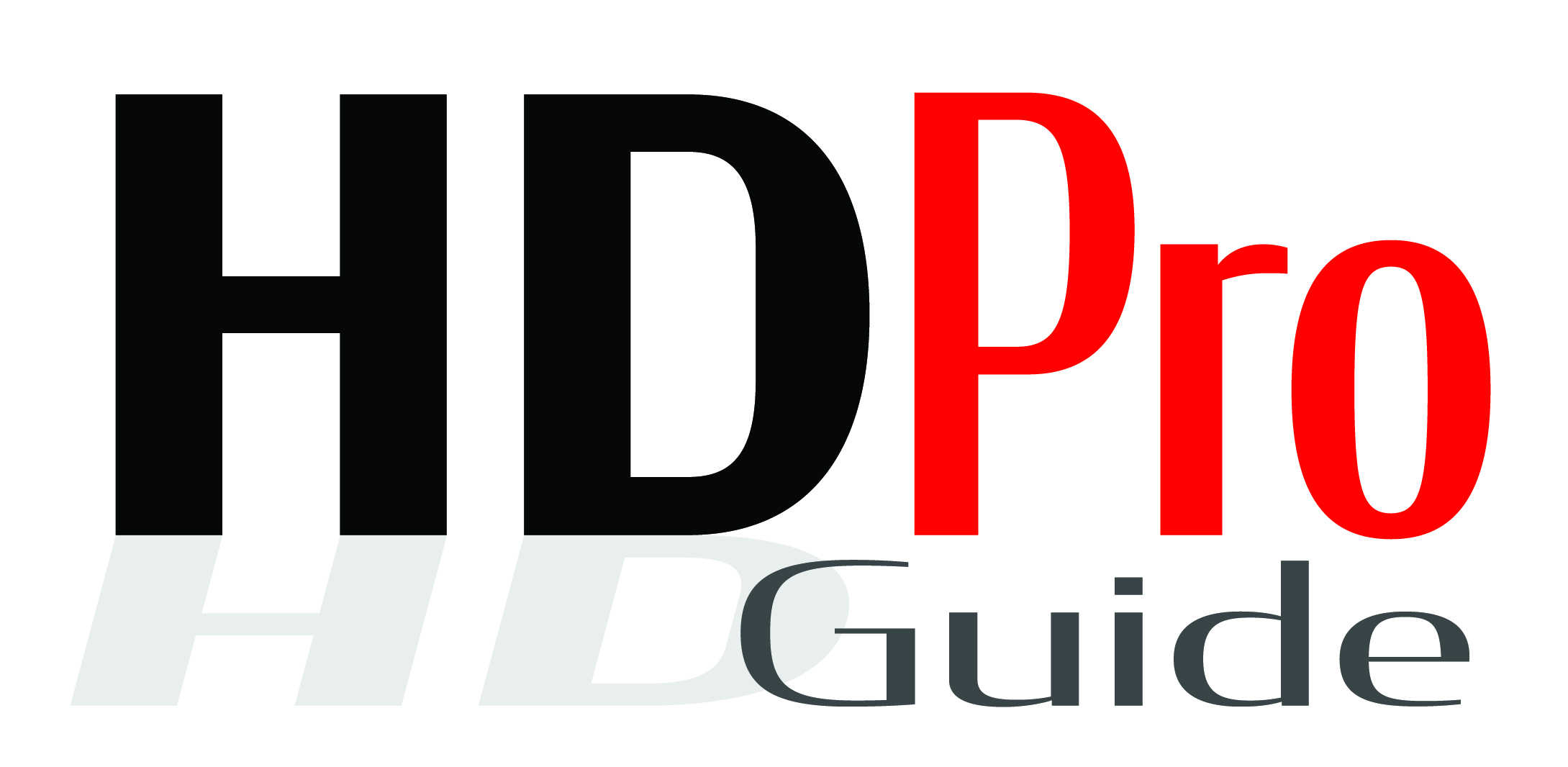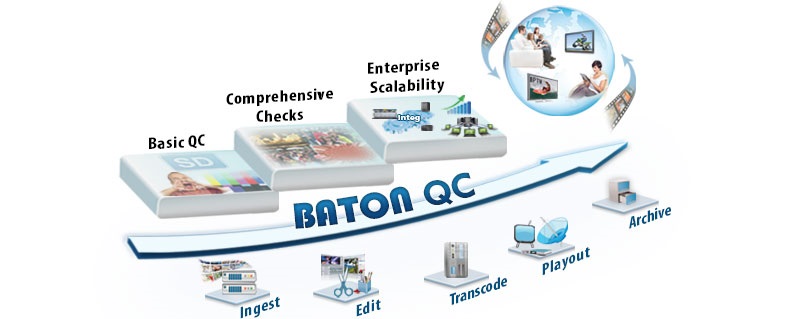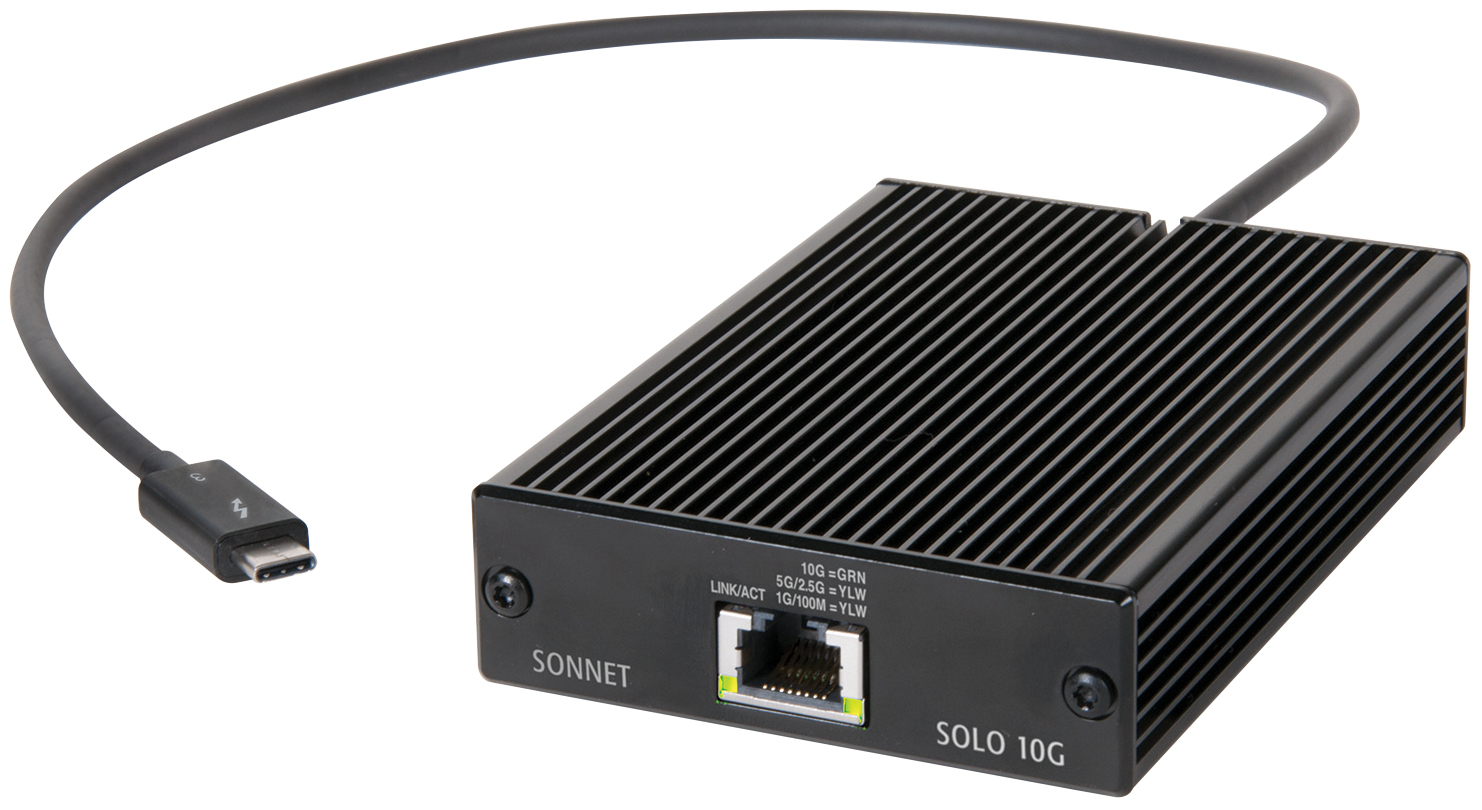Veteran aviation lawyer applauds clearer regulations on model aircraft vs. unmanned aircraft systems.
A November 18 ruling by the National Transportation Safety Board (NTSB) clarifies the Federal Aviation Administration’s authority over drones, or unmanned aircraft, according to Timothy B. Adelman, a shareholder in the Annapolis, Md. office of national law firm LeClairRyan and leader of its UAS (unmanned aircraft systems) practice group. “The NTSB’s decision does not shut down drone use; it simply closes down the open frontier,” he asserts.
The NTSB decision held that the FAA has the authority to enforce its regulations against certain model aircraft operations. It grew out of an earlier NTSB Office of Administrative Law Judge ruling—Michael P. Huerta, Administrator, Federal Aviation Administration, v. Raphael Pirker (Docket CP-217)—that threw out a $10,000 fine levied by the FAA against Pirker, who used a small glider to take pictures and video at the University of Virginia.
“In throwing out a $10,000 fine levied by the FAA against the operator of a small glider, the NTSB administrative law judge appeared to take the position that any remote controlled aircraft can fly in U.S. skies without FAA authorization,” says Adelman, noting that the original March 2014 decision raised the question of whether all drones should be considered “model aircraft.”
By adding clarity to the FAA’s role in regulating airspace, last week’s ruling has significant implications for domestic drone operations, Adelman contends. “Currently, there are countless commercial, off-the-shelf, drones that anyone can buy and operate,” notes Adelman. “Many in the industry felt the initial Pirker decision opened the skies to anyone that wanted to fly a drone. But now the NTSB has clearly said that regardless of how you describe your device, if you are operating in the National Airspace, the FAA has the authority to enforce its regulations that apply to aircraft.”
He points out that operators can still use drones through certificate of authorizations (COAs), Section 333 petitions and experimental airworthiness certificates. “Moreover, the small unmanned aircraft rule is expected to be published this December,” Adelman says. “Therefore, operations are still permitted and are still occurring. However, those wanting to use a drone for their business need to be mindful that the FAA has enforcement authority.”




